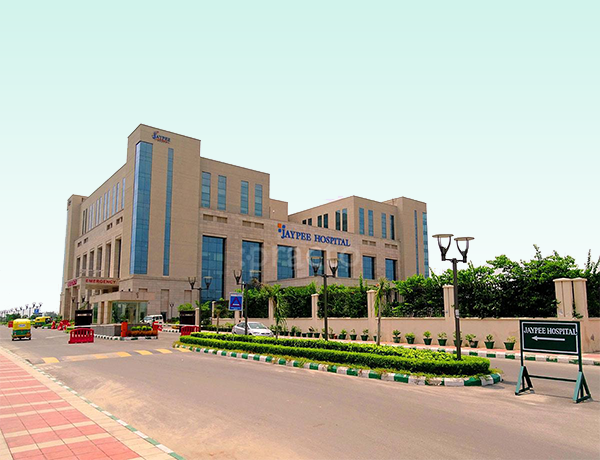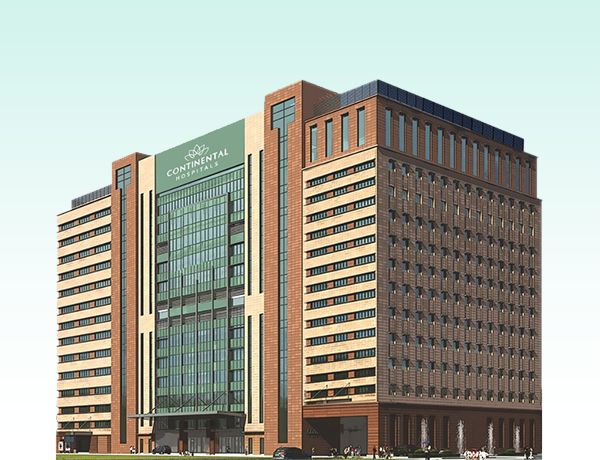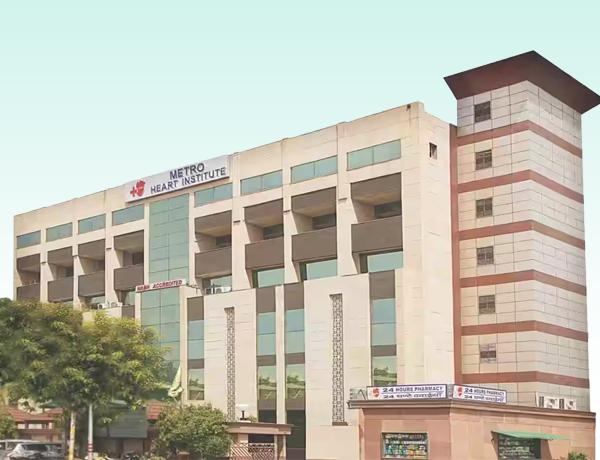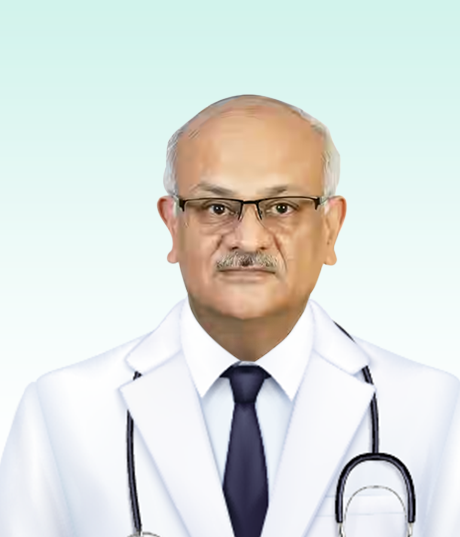Kidney Transplant
Kidney transplant is a surgical procedure where a healthy kidney from a donor is transplanted in to a patient with kidney failure or chronic kidney disease. This procedure is typically reserved for the patients whose kidneys are not functioning properly and who have exhausted all other treatment options, such as dialysis. A successful kidney transplant can significantly improve a patient’s quality of life increase their lifespan.
Who needs KTP
Kidney transplantation is recommended for the patients who have end-stage kidney disease, which is a condition where the kidneys have lost their ability to function properly. This condition can be caused by a variety of factors, including diabetes, hypertension, glomerulonephritis, and polycystic kidney disease. Patients who are on dialysis may also be good candidates for kidney transplantation.
When to see a specialist
If you have symptoms of chronic kidney disease or end-stage renal disease, it’s important to See a specialist. A nephrologist, a doctor who specializes in kidney care, can evaluate your condition and determine if kidney transplantation is right for you.
Procedure
The procedure for kidney transplant typically involves the following steps:
Evaluation: The patient undergoes a comprehensive medical evaluation to determine if they are a good candidate for kidney transplant. This includes blood tests, imaging tests, and other medical assessments.
Finding a donor: A suitable donor is identified, either a living donor or a deceased donor. The donor’s blood and tissue type are carefully to the patient’s to ensure a successful transplant.
Surgery preparation: The patient undergoes pre-surgery preparations, including fasting and medication adjustments.
Anesthesia: The patient is given general anesthesia to put them to sleep during the surgery.
Kidney removal: The donor’s kidney is removed through a surgical incision in their abdomen or side.
Kidney implantation: The surgeon places the donated kidney into the patient’s lower abdomen and attaches it to the bladder and blood vessels.
Incision closure: The incisions are closed with stitches or staples.
Recovery: The patient is monitored in the hospital for several days to ensure that the new kidney is functioning properly and there are no complications.
Immunosuppressant medication: The patient is given immunosuppressant medications to prevent the body from rejecting the new kidney.
Follow-up care: The patient undergoes regular check-ups and follow-up care to monitor the health of the new kidney and ensure that it is functioning properly.
Road To Recovery
After the surgery, the recipient will be monitored closely to ensure the new kidney is functioning properly. The hospital stay for kidney transplantation typically lasts for 5-10 days, depending on the patient’s condition. After discharge from the hospital, the recipient will need to take medication to prevent rejection of the new kidney and attend follow-up appointments with their medical team.
Risk Management
Like any surgery, kidney transplantation carries some risks. Risks associated with the procedure include:
Blooding
Infection
Rejection of the new kidney
Blockage or narrowing of the ureter ( the tube that carries urine from the kidney to the bladder)
Side effects from immunosuppressive medication
Benefits of KTP
Kidney transplantation can provide numerous benefits to recipients, including:
Improved quality of life
Increased life expectancy
No need for dialysis
Better control of blood pressure and other medical conditions
Ability to resume normal activities, such as work, travel, and hobbies
Procedure Information
The cost of a kidney transplant in India for Indian patients ranges between USD 11,700 and USD 14,300. The process of Plasma Therapy is not within the cost of Transplantation. It requires various cycles and sessions. In India each session of Plasma Therapy costs around USD 356/session .
Frequently Asked Questions
1) What are the common symptoms of kidney disease?
Common symptoms of kidney disease include fatigue, weakness, loss of appetite, difficulty concentrating, swollen ankles of feet, deceased urine output, and blood in urine.
2) How is kidney disease diagnosed?
Kidney disease can be diagnosed through blood and urine tests that evaluate kidney function, as well as imaging tests such as ultrasound or CT scan to evaluate the kidney’s structure and size.
3) What causes kidney disease?
Kidney disease can be caused by a variety of factors, including diabetes, high blood pressure, family history of kidney disease, autoimmune disorders, infections, and drug toxicity.
4) Can kidney disease be prevented?
There are certain lifestyle modifications that can reduce the risk of kidney disease, such ad maintaining a healthy diet, exercising regularly, not smoking, and managing chronic conditions such as diabetes and high blood pressure.
5) How is kidney disease treated?
Treatment for kidney disease depends on the underlying cause and severity of the condition. Treatment options may include medication, lifestyle modifications, dialysis, or kidney transplant. It is important to work closely with a healthcare provider to determine the best course of treatment.
Treatment Plans
- Trauma & intensive care $59
- Aged Care $29
- Community Services $25
- Diagnosis & Investigation $48
- Medical & Surgical $82
- Mental Health $74
- Rehabitation $24
- Specialised Support Service $19
- Trauma & intensive care $59
- Aged Care $29
- Community Services $25
- Diagnosis & Investigation $48
- Medical & Surgical $82
- Mental Health $74
- Rehabitation $24
- Specialised Support Service $19
Treatians As The Best Choice
Treatians understand that seeking medical treatment abroad can be a daunting experience for patients and their families. That’s why the company offers end-to-end support to its clients, from the initial consultation to post-treatment care. The company provides personalized treatment plans that are tailored to meet the individual needs of each patient, and its team of dedicated professionals is always on hand to provide guidance and support throughout the entire process. Contact us at +91-7982312582, drop your email [email protected]
- Trauma & intensive care
- Aged Care
- Community Services
- Diagnosis & Investigation
- Medical & Surgical
- Mental Health
- Rehabitation
- Specialised Support Service
Service Recipient Says

My wife received a second chance at life and we are grateful to the medical team for their expertise and care. Special thanks to treatians who treated us like a family and provided us with the top-notch hospital and experienced surgeons. Best medical tourism company in India.
Tuan Vietnam






















My kidney transplant has given me a new sense of hope and vitality. I am forever grateful to my donor and the healthcare professionals who made it all possible. Thanks treatians for your support and guidance.
Leia Singapore